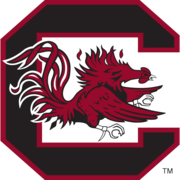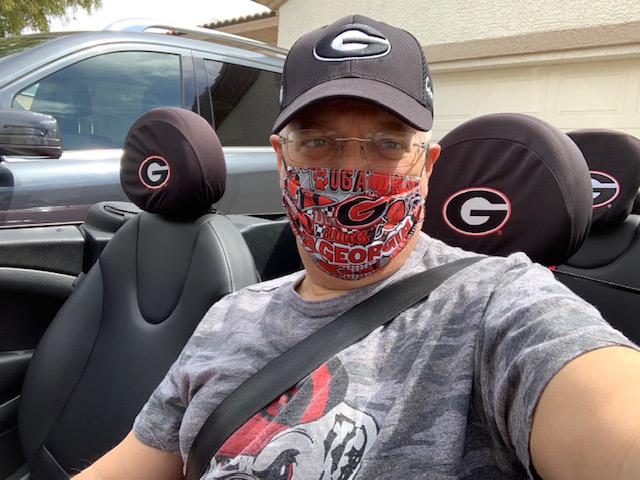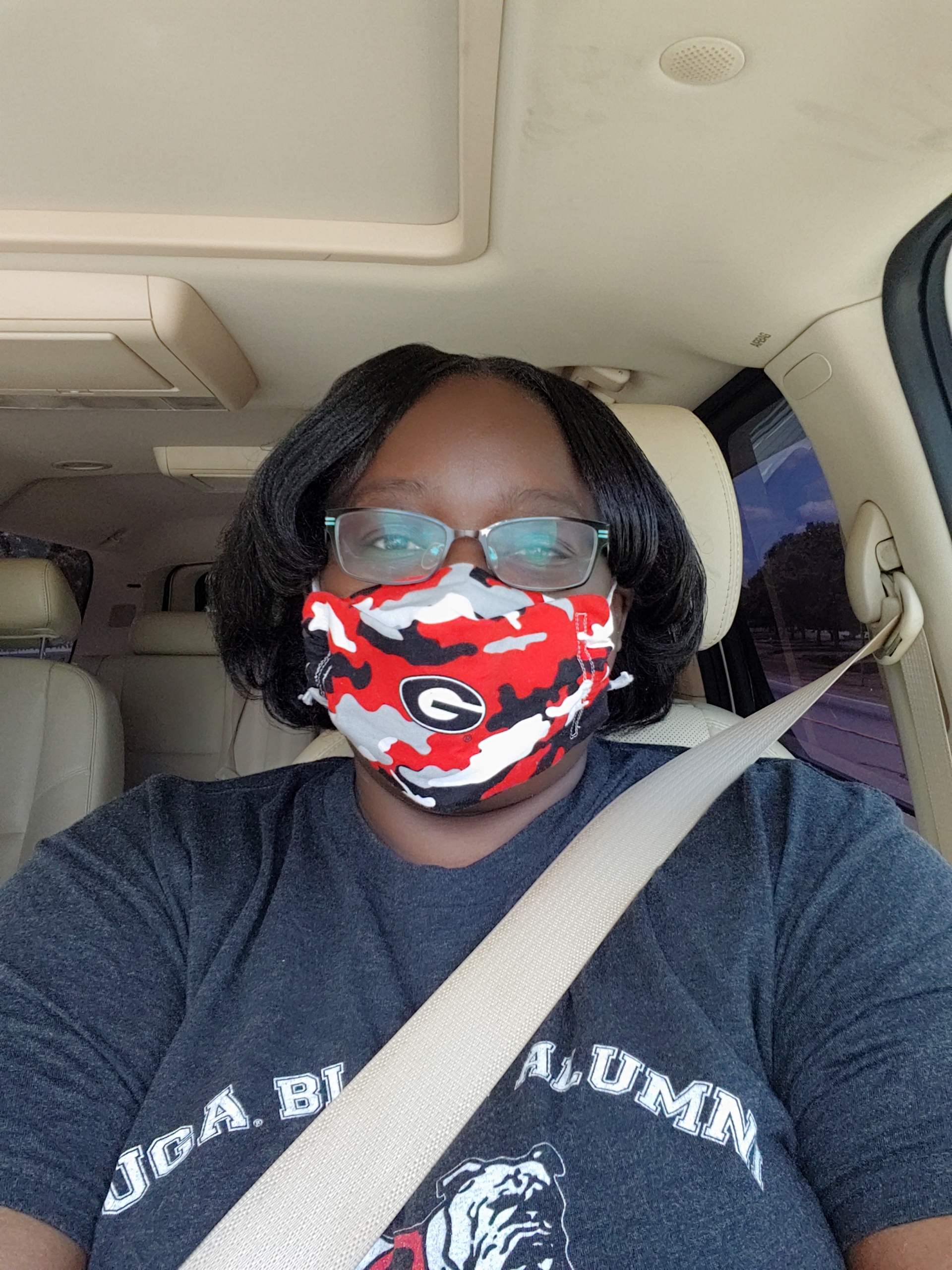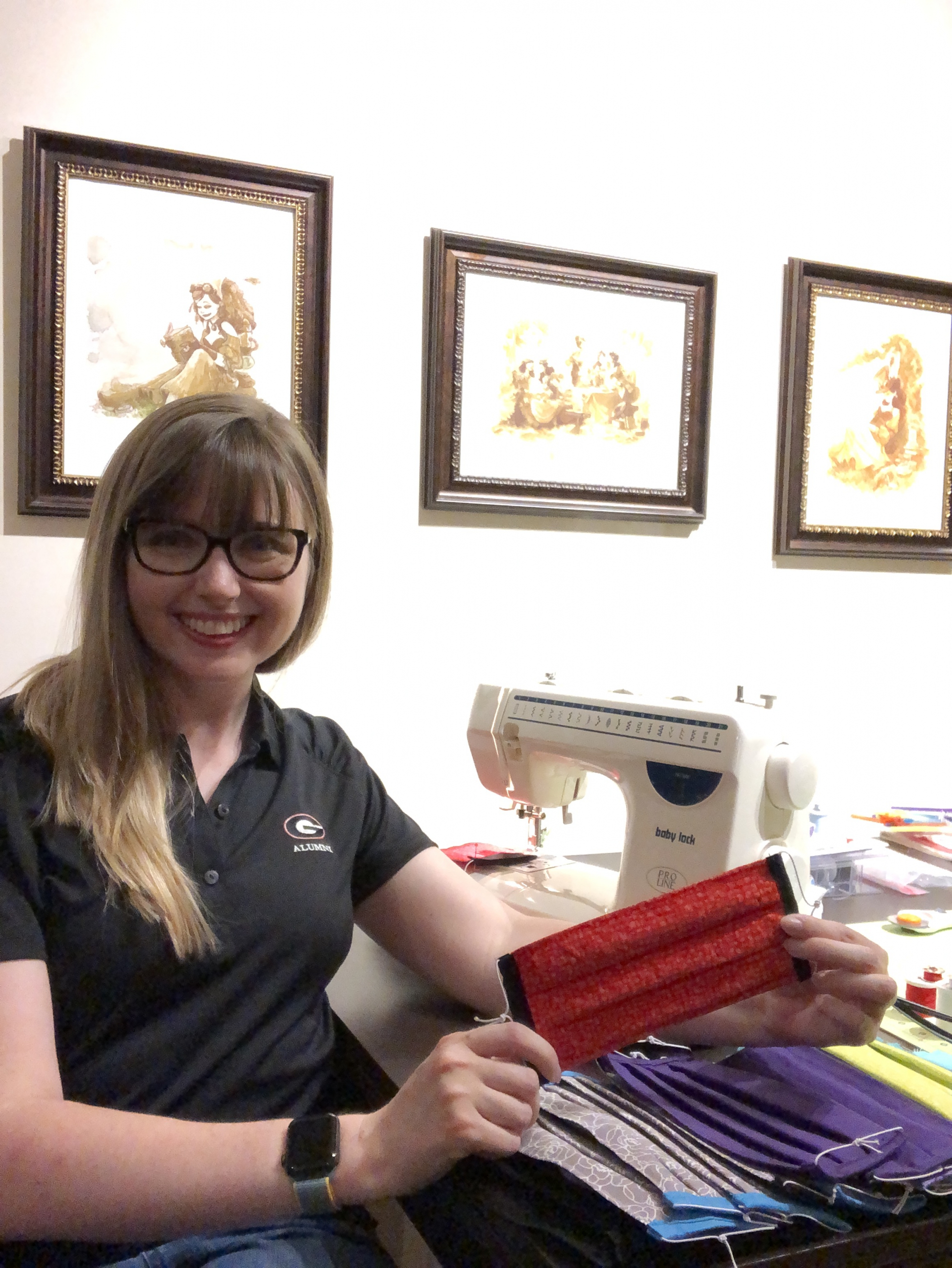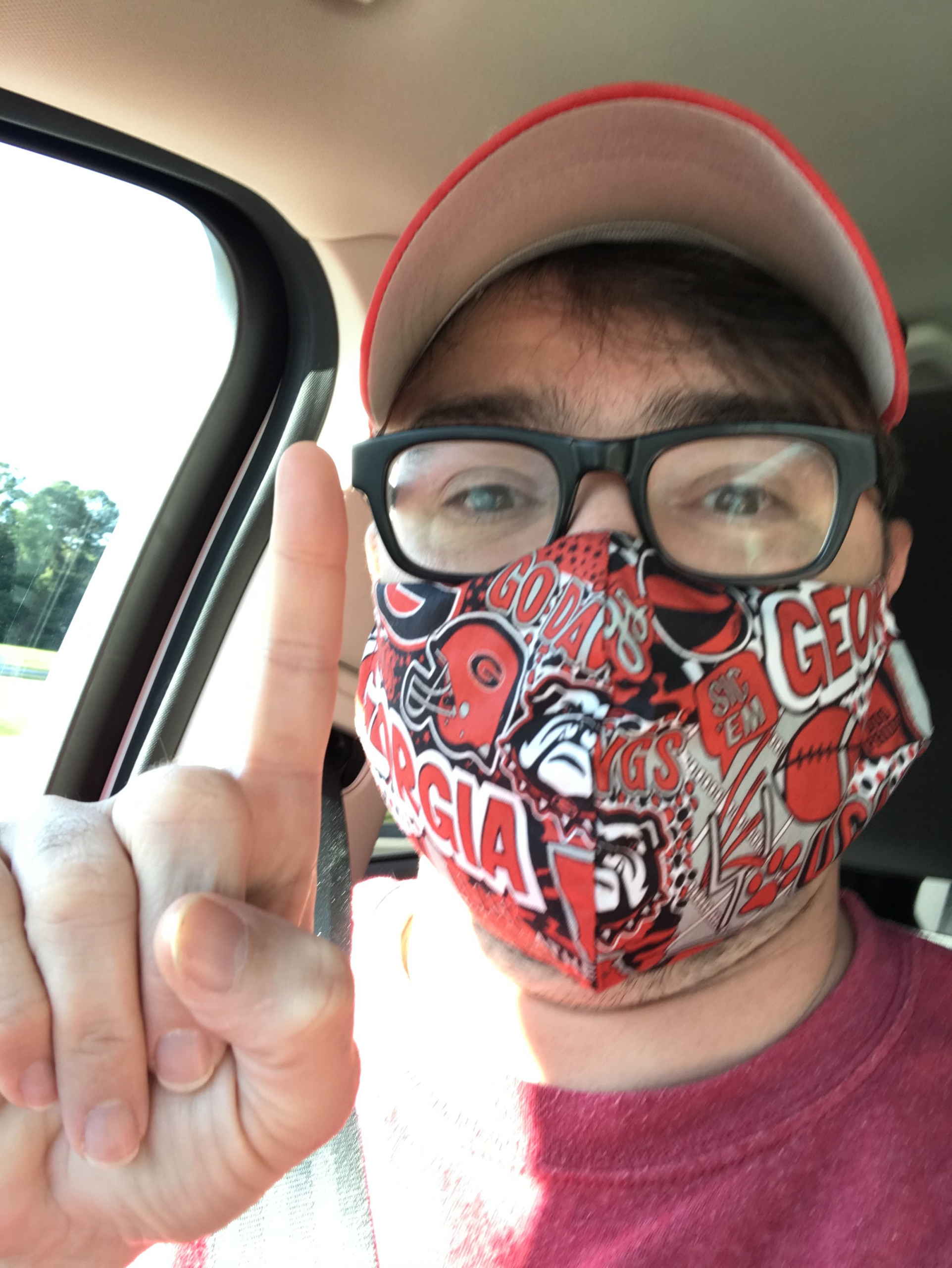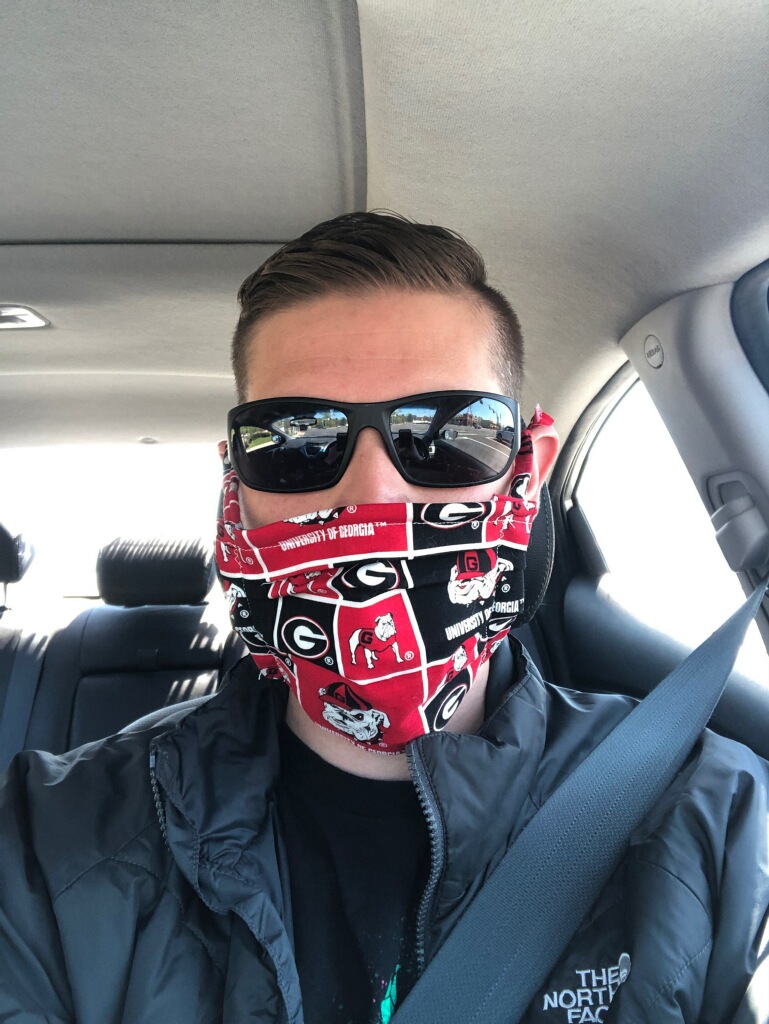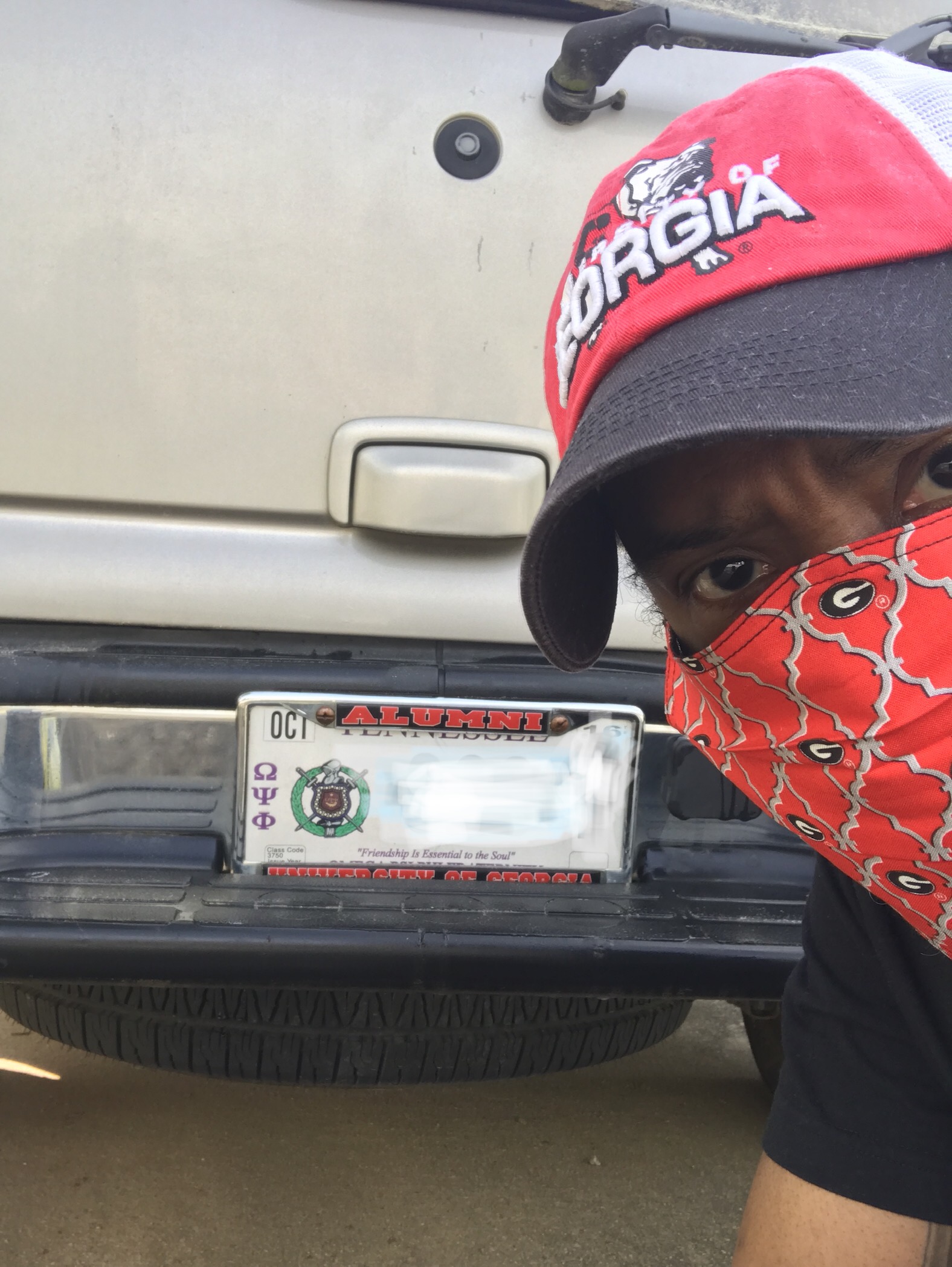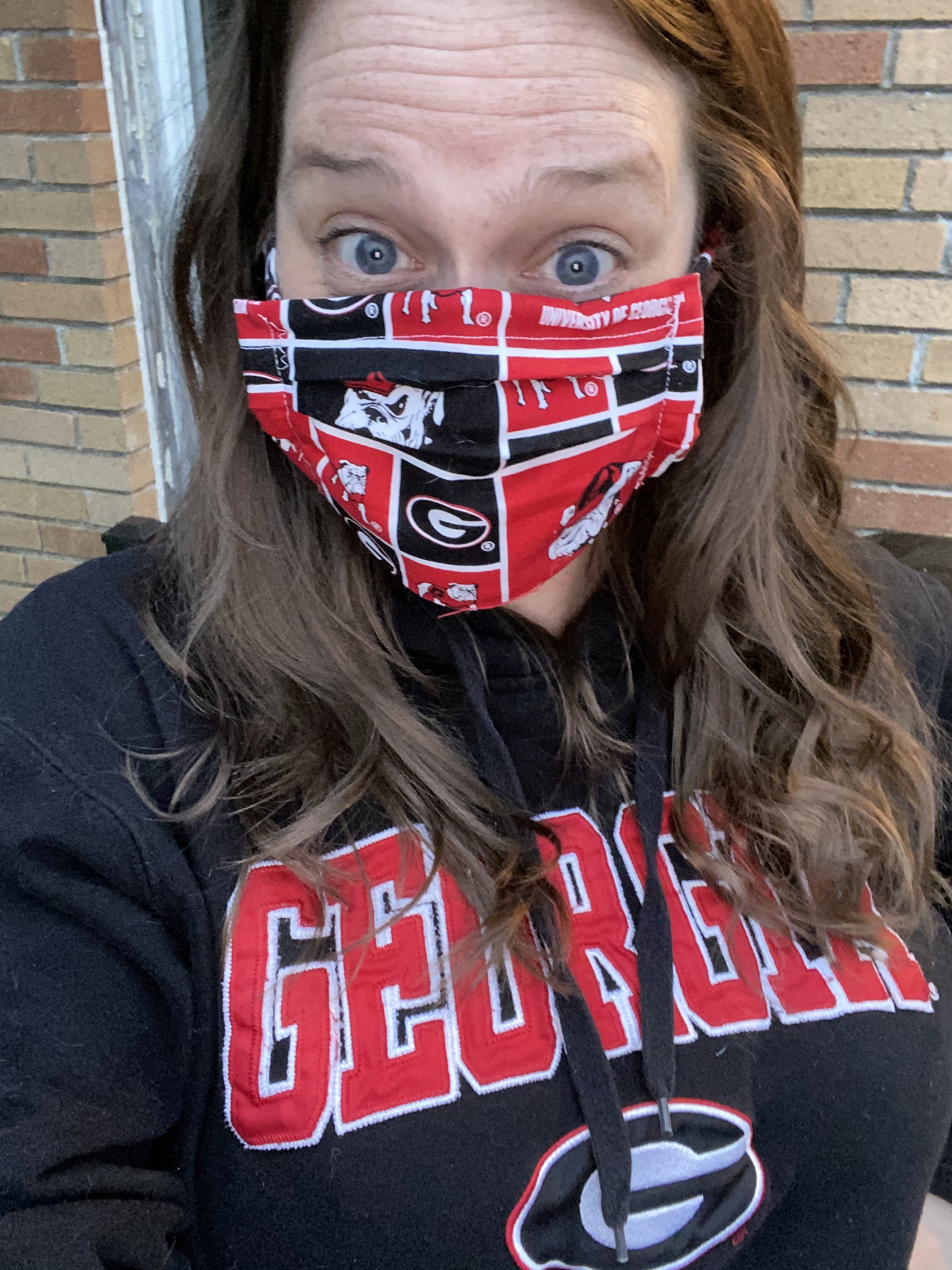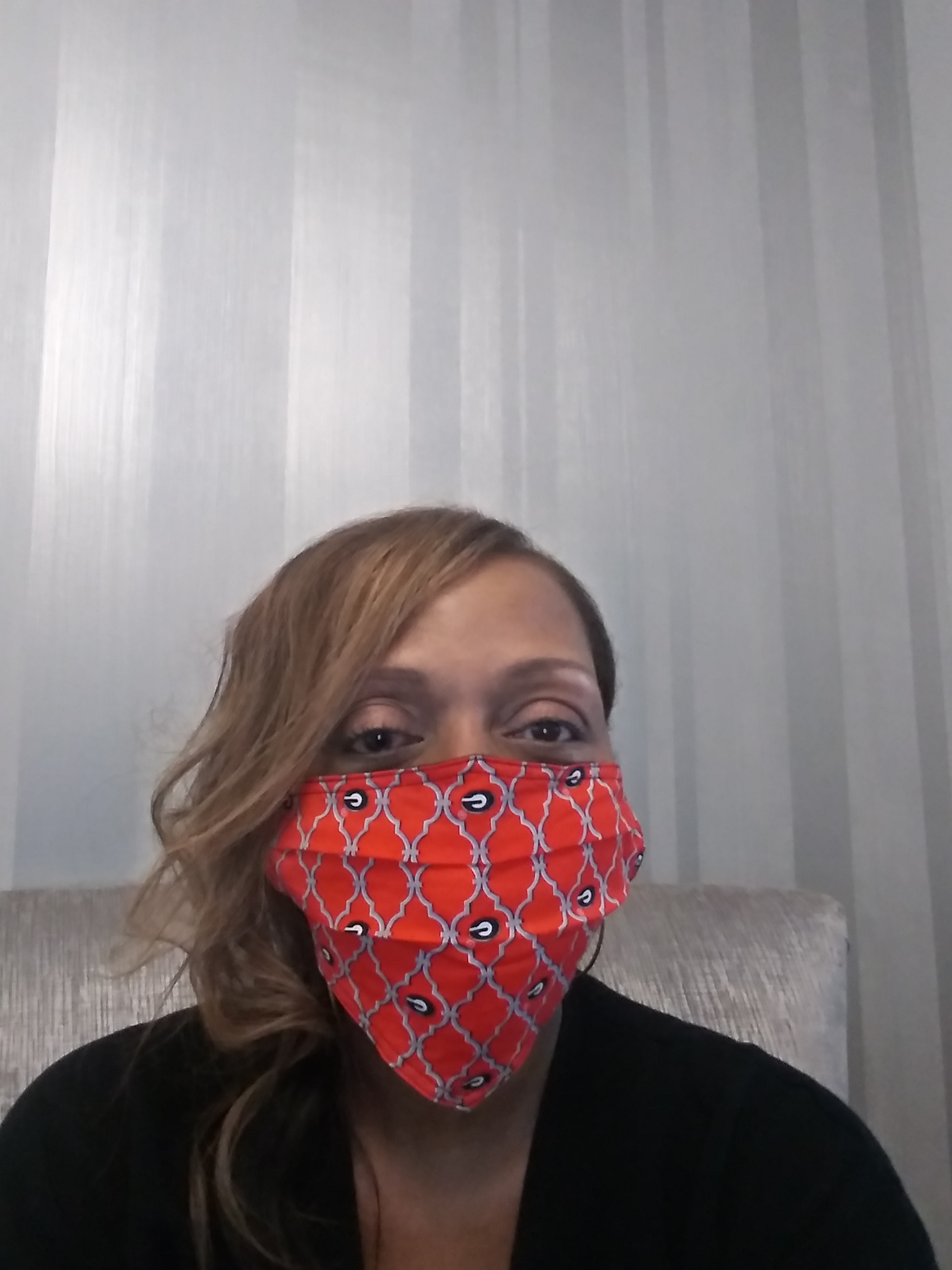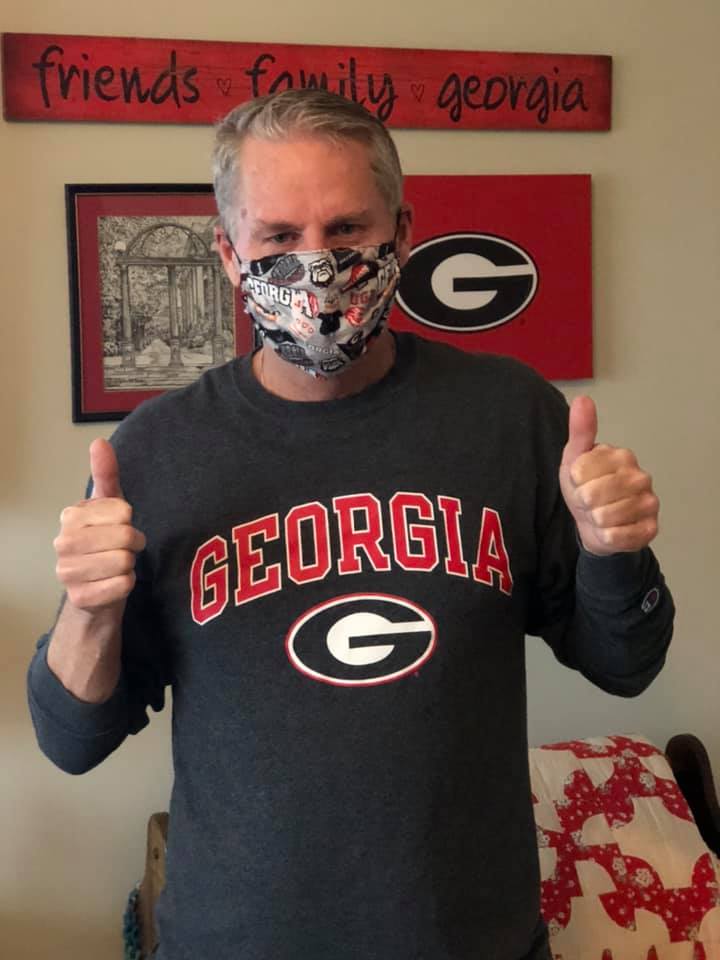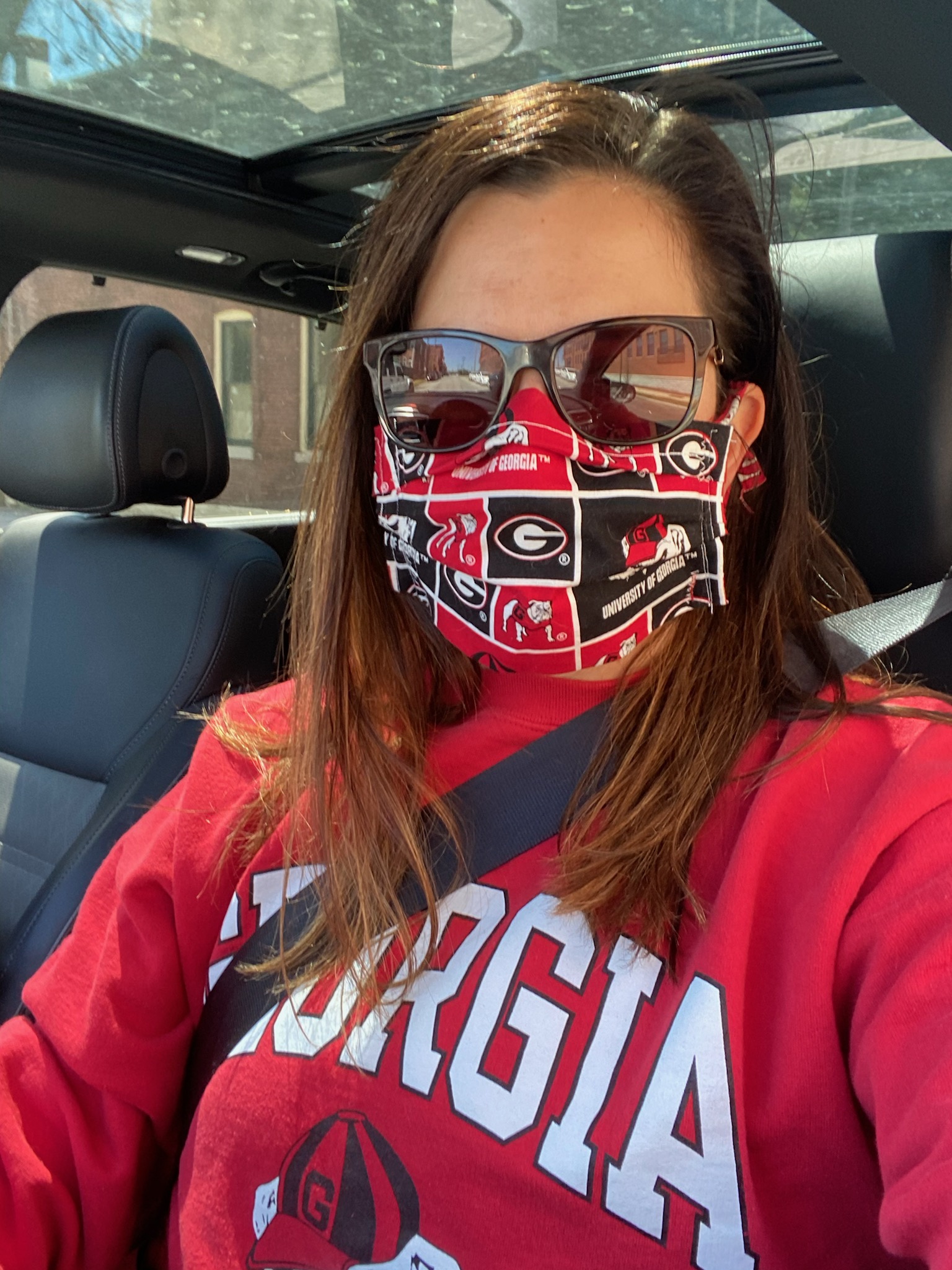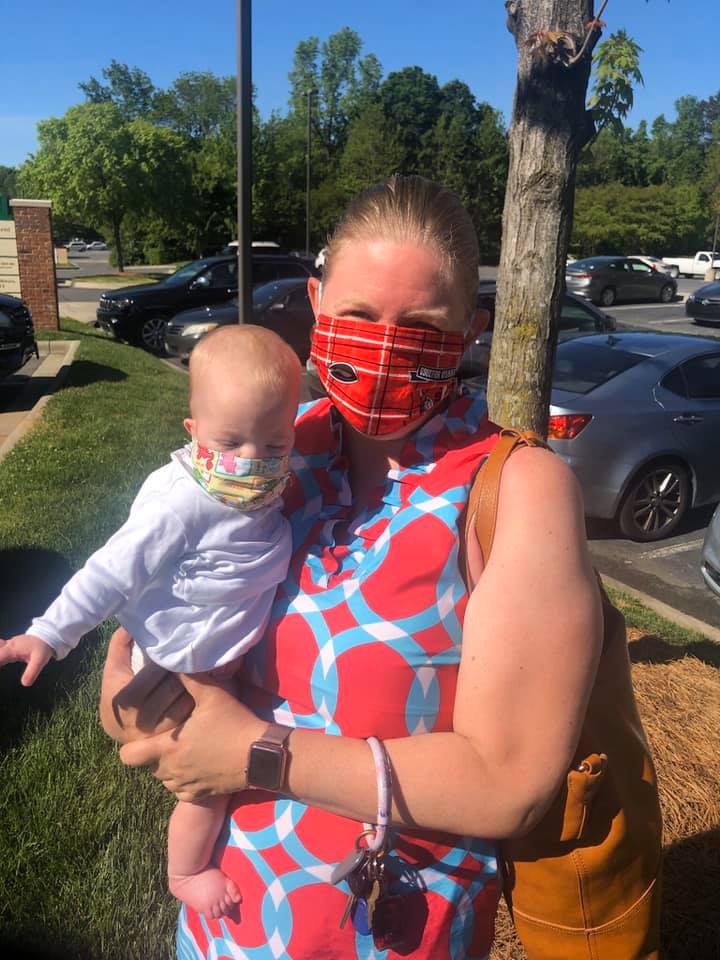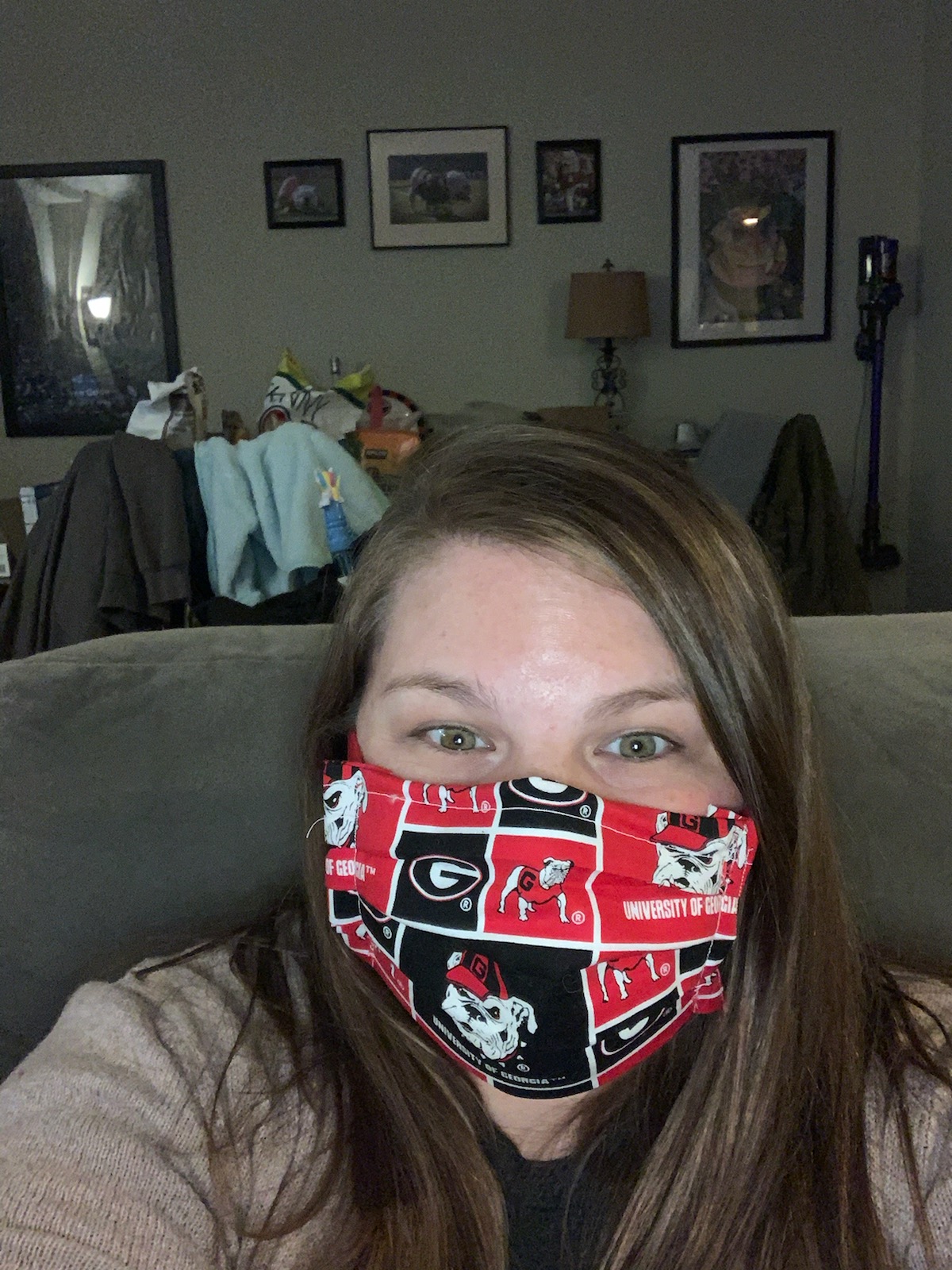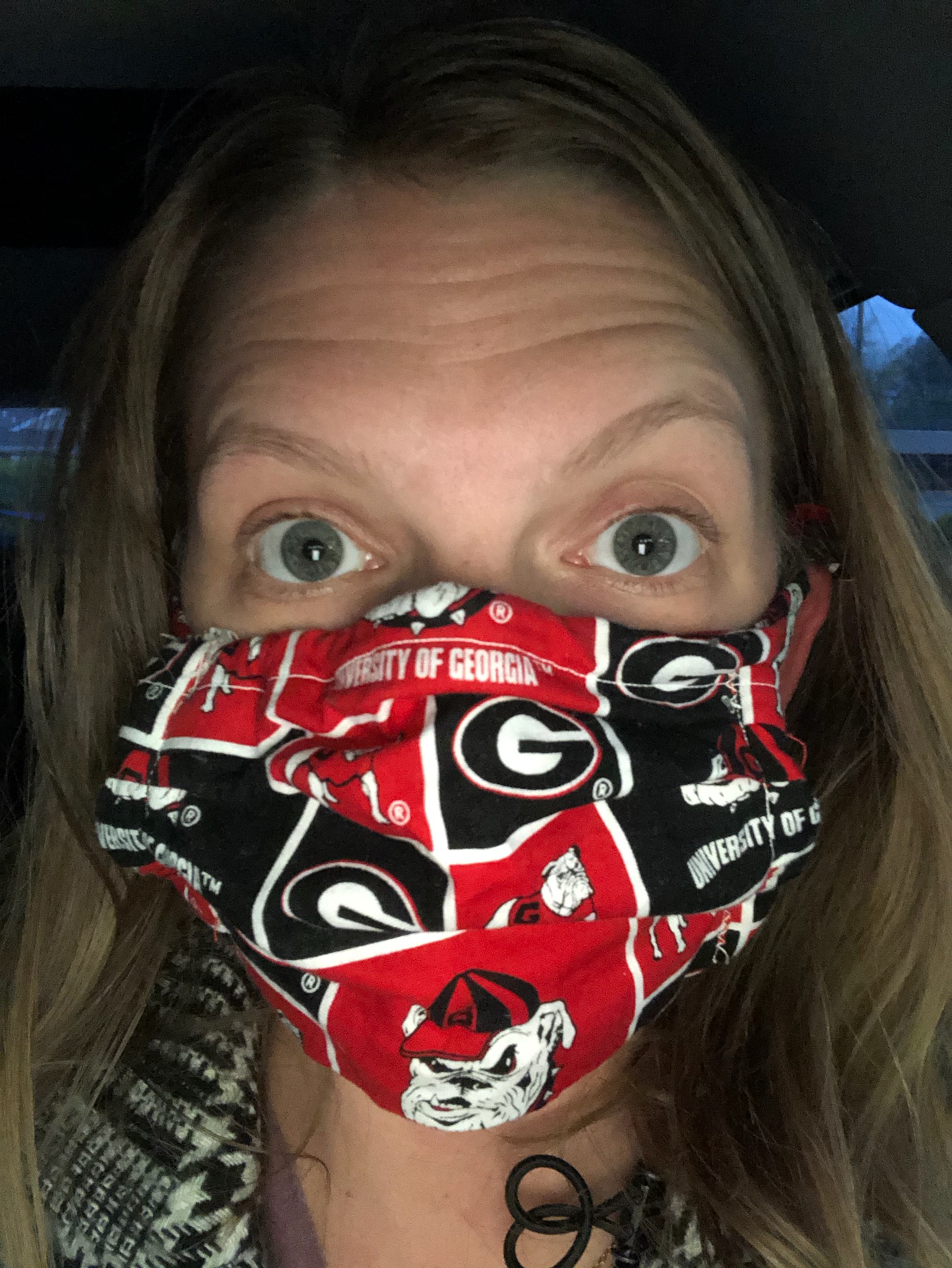Erin Mordecai (BS ’07), an infectious diseases researcher at Stanford University, was named to the University of Georgia 40 Under 40 Class of 2020. But this isn’t her first time making headlines this year.
As an assistant professor of biology, Mordecai studies how major human-caused global changes, like climate change, land use change or global movement, affect infectious diseases in humans and wildlife. Using innovative mathematical and statistical modeling, she seeks to understand how humans are changing the world and how those changes affect human health.
In March, as the nation came to a grinding halt due to the coronavirus pandemic, Mordecai saw an opportunity to contribute her expertise during a time of uncertainty. Mordecai led her team of infectious diseases researchers to develop a COVID-19 intervention model, which was then made available online. Her interactive website allowed users to model the spread of COVID-19 over time using non-pharmaceutical interventions, like social distancing and quarantine. During a time in which many government officials and members of the general public were not yet familiar with these strategies, her website was critical for communities in her region. Wary of the resurgence of the 1918 flu pandemic, when most major cities ended control measures within eight weeks, Mordecai wanted to help people understand the effectiveness of long-term strategies.
“Our model, and historical evidence, shows that fully lifting control measures at any point in the epidemic could lead to a second wave,” Mordecai said. “When you have a population where most of the people remain susceptible, fully returning to business as usual is extremely risky, and could result in many lives lost unnecessarily.”
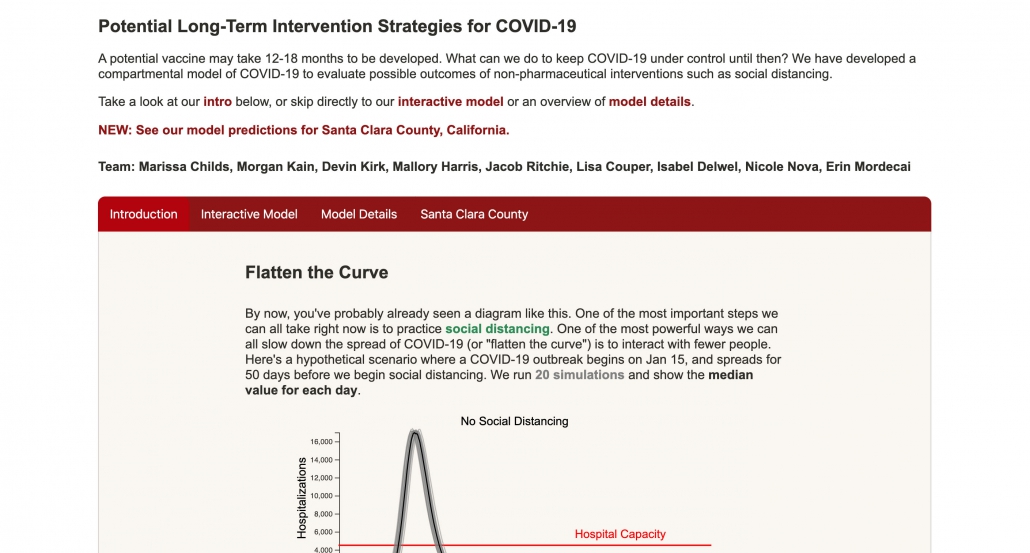
Screenshot of the interactive website developed by Mordecai’s team. Source: https://covid-measures.github.io/.
As communities continue assessing how long social distancing measures need to be in place, Mordecai believes it is important to recognize how to prevent a resurgence, especially when a widespread vaccine is not available yet.
“There’s a lag of about three weeks between an intervention being lifted and its resulting effect on deaths,” Mordecai said. “Policymakers won’t be able to begin assessing the results of their actions until three weeks later, when the virus could have spread widely through the population.”
In order to prevent that problem, communities are developing processes to manage a potential second wave.
“There may be some potential to bring a second peak under control and respond more quickly if testing is sufficiently widespread prior to reopening and if it’s combined with rigorous contact tracing and infected isolation,” Mordecai said.
There is a light at the end of the tunnel for communities eager to return to normalcy. However, communities must be prepared to move to a test-and-trace system, in which testing is widespread and those who encounter sick individuals are isolated. They also must be able to intensify and relax social distancing and quarantine measures based on the number of hospitalizations and deaths.
“Our work shows that we could considerably relax the level of social distancing we’re practicing in the general population if we could more comprehensively test all symptomatic and high-risk individuals for COVID-19 and isolate them to prevent transmission,” Mordecai explained.
Mordecai’s model has become a useful tool for San Francisco Bay Area public officials as it allows them to compare different strategies, while seeing how their policies now will affect their options down the road.
At UGA, Mordecai was a Foundation Fellow, a Ramsey scholar and an honors student, earning an honors interdisciplinary studies degree in mathematical biology. She went on to earn her Ph.D. at the University of California, Santa Barbara.
“Fortunately for me, UGA remains a world leader in the ecology of infectious disease, and these deep research connections continue to bring me back to campus at least once a year,” Mordecai said.

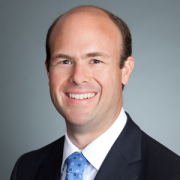
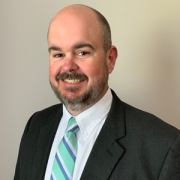 A Statesboro, Georgia, native,
A Statesboro, Georgia, native, 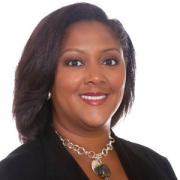
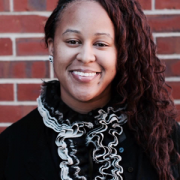
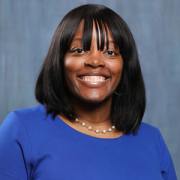
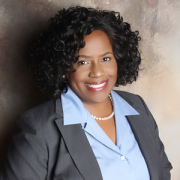
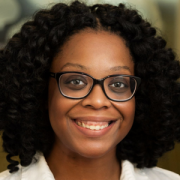
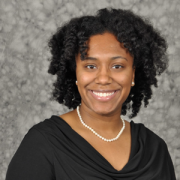
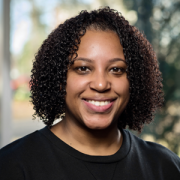
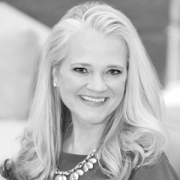
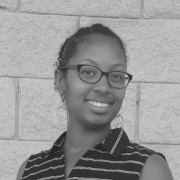
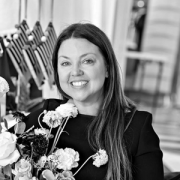
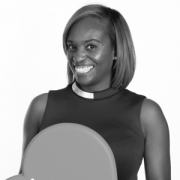
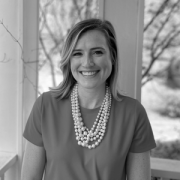
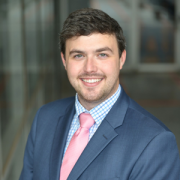
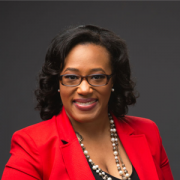
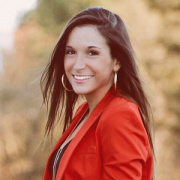
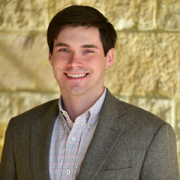
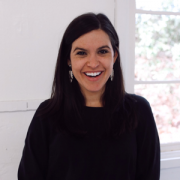
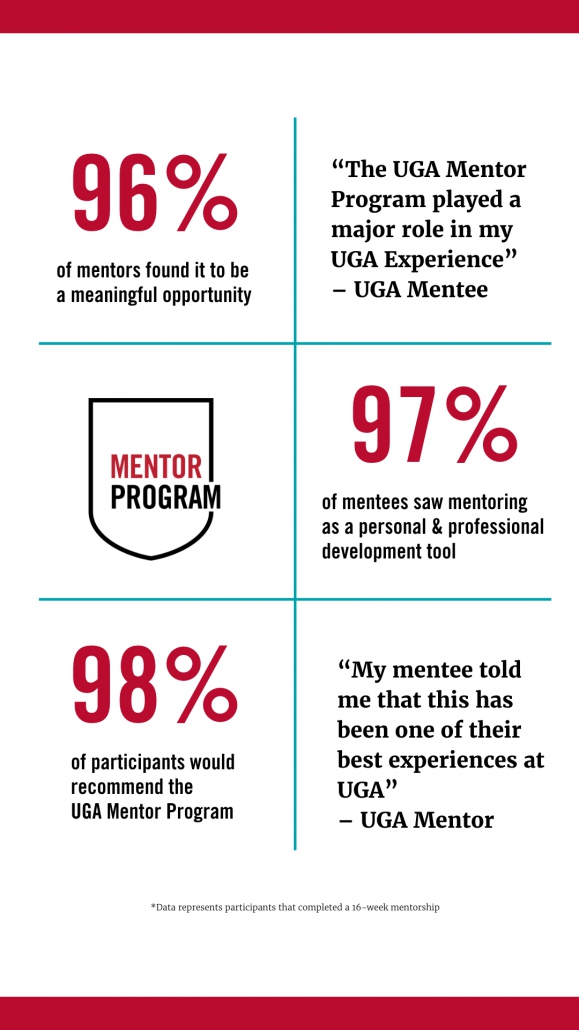
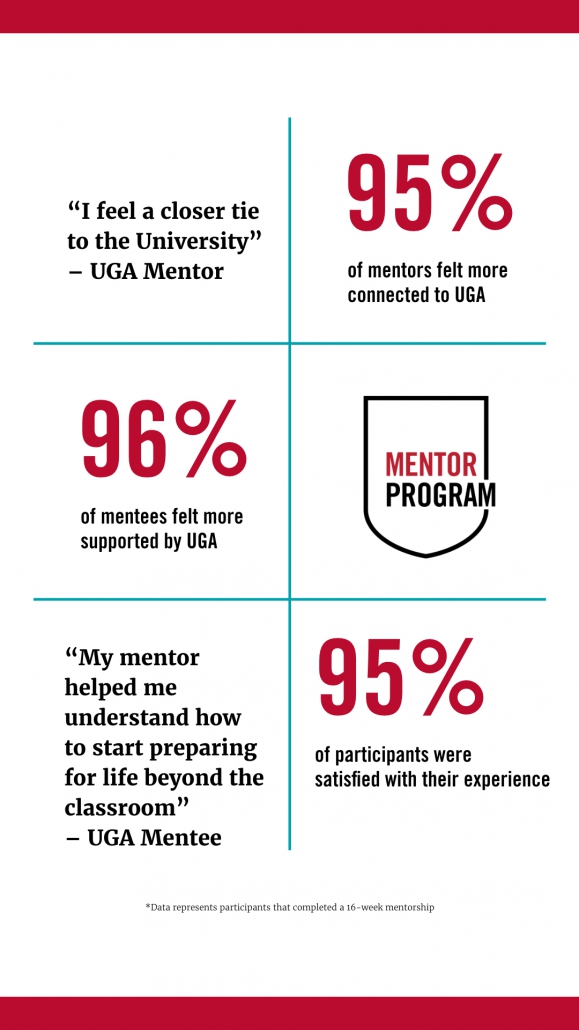
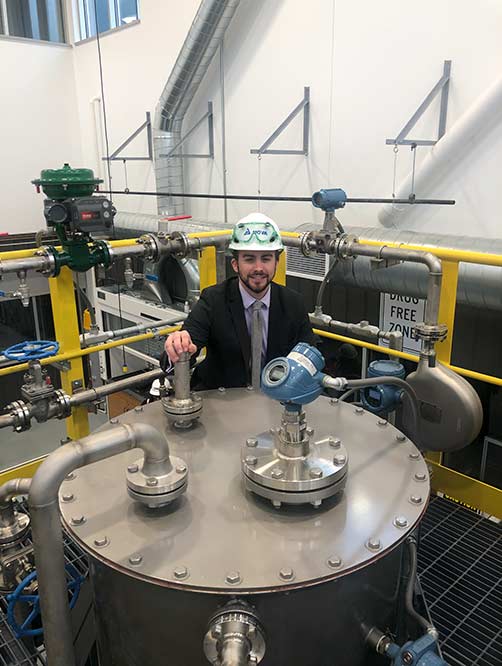
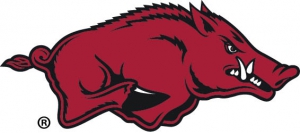 For many Georgia fans, it may seem a little cruel that in the Razorbacks’ first season under head coach Sam Pittman— beloved former offensive line coach for UGA—they would open their season against the formidable Bulldogs. Blame COVID-19 if you want, but the Dawgs should walk into and out of Fayetteville comfortably, as the Razorbacks have lost 19 consecutive SEC games and lost several key players on a defense that finished last year ranked 110th in total defense.
For many Georgia fans, it may seem a little cruel that in the Razorbacks’ first season under head coach Sam Pittman— beloved former offensive line coach for UGA—they would open their season against the formidable Bulldogs. Blame COVID-19 if you want, but the Dawgs should walk into and out of Fayetteville comfortably, as the Razorbacks have lost 19 consecutive SEC games and lost several key players on a defense that finished last year ranked 110th in total defense.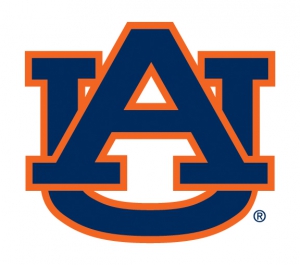
 The unchecked UT dominance of the 90s has waned ever since Verron Haynes planted a hobnail boot into the checkered end zone of Neyland Stadium: Georgia is 13-6 against the Vols since 2001, and our last three contests have been decided by an average of 32 points. That said, after last season’s loss to the Dawgs, Tennessee reeled off a 6-1 record—an impressive feat after early season losses to BYU and Georgia State. If Jeremy Pruitt has gotten the Volunteers to turn a corner, Tennessee could give UGA much more of a game this go-round. But without the time and structure of the typical offseason where that corner-turning usually occurs…
The unchecked UT dominance of the 90s has waned ever since Verron Haynes planted a hobnail boot into the checkered end zone of Neyland Stadium: Georgia is 13-6 against the Vols since 2001, and our last three contests have been decided by an average of 32 points. That said, after last season’s loss to the Dawgs, Tennessee reeled off a 6-1 record—an impressive feat after early season losses to BYU and Georgia State. If Jeremy Pruitt has gotten the Volunteers to turn a corner, Tennessee could give UGA much more of a game this go-round. But without the time and structure of the typical offseason where that corner-turning usually occurs…
 After a 10-3 year in 2018, Mark Stoops’ Wildcats regressed a bit in 2019 with a 7-5 record. This was mostly expected, as the Cats lost a number of all-timers on both sides of the ball to the NFL Draft. Kentucky loses another playmaker this year in Lynn Bowden, the dynamic WR/QB who gave defenses fits. Well, MOST defenses: Georgia handled Bowden and Kentucky in a miserable, soggy game in 2019. This game lines up as a classic “trap game” for the Dawgs, who will be coming off of an undoubtedly grueling, highly anticipated game against the Tide and could overlook the ‘Cats as they look ahead to the bye week and the Gators after that.
After a 10-3 year in 2018, Mark Stoops’ Wildcats regressed a bit in 2019 with a 7-5 record. This was mostly expected, as the Cats lost a number of all-timers on both sides of the ball to the NFL Draft. Kentucky loses another playmaker this year in Lynn Bowden, the dynamic WR/QB who gave defenses fits. Well, MOST defenses: Georgia handled Bowden and Kentucky in a miserable, soggy game in 2019. This game lines up as a classic “trap game” for the Dawgs, who will be coming off of an undoubtedly grueling, highly anticipated game against the Tide and could overlook the ‘Cats as they look ahead to the bye week and the Gators after that. Unfortunately, this new schedule doesn’t allow the Georgia-Florida game to fall directly on Halloween, which always feels like the appropriate time for this match: hordes of lizard creatures assemble, draped in rags of garish orange and blue. The good guys in red and black will fight to extend Georgia’s win streak to 4, which would be the longest streak in this series in over a decade. Dan Mullen has steadily improved the Gators since his arrival in 2018, and our last game was decided by a single touchdown, so this figures to be yet another hotly contested match on the bank of the St. Johns River.
Unfortunately, this new schedule doesn’t allow the Georgia-Florida game to fall directly on Halloween, which always feels like the appropriate time for this match: hordes of lizard creatures assemble, draped in rags of garish orange and blue. The good guys in red and black will fight to extend Georgia’s win streak to 4, which would be the longest streak in this series in over a decade. Dan Mullen has steadily improved the Gators since his arrival in 2018, and our last game was decided by a single touchdown, so this figures to be yet another hotly contested match on the bank of the St. Johns River. Since Missouri joined the SEC in 2012, the Tigers have only managed one win in eight games against the Bulldogs. But those games all saw either Gary Pinkel or Barry Odom at the helm for Mizzou, and now head coach Eli Drinkwitz will lead the Tigers. Drinkwitz served in various assistant roles for over a decade at a variety of schools before taking over the Appalachian State Mountaineers last season. In his one season at App State, his team set a Sun Belt record for wins (12), won the conference and became the first-ever Sun Belt program to earn a Top 20 ranking in the AP poll.
Since Missouri joined the SEC in 2012, the Tigers have only managed one win in eight games against the Bulldogs. But those games all saw either Gary Pinkel or Barry Odom at the helm for Mizzou, and now head coach Eli Drinkwitz will lead the Tigers. Drinkwitz served in various assistant roles for over a decade at a variety of schools before taking over the Appalachian State Mountaineers last season. In his one season at App State, his team set a Sun Belt record for wins (12), won the conference and became the first-ever Sun Belt program to earn a Top 20 ranking in the AP poll.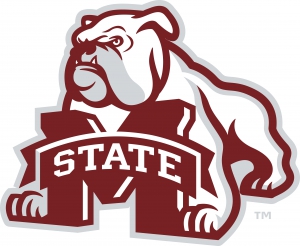 One of the more exciting SEC developments in the last year was Mike Leach’s arrival in Starkville. This is actually Leach’s second stint in the conference—he was Kentucky’s offensive coordinator/QB coach from 1997-1998, when he and head coach Hal Mumme turned quarterback Tim Couch into a no. 1 NFL Draft pick (you read that right). It remains to be seen how well Leach’s prolific offense translates to the modern-day SEC, but even without his high-flying scheme, MSU already had senior running back Kylin Hill, the SEC’s leading rusher in 2019. And Leach’s new defensive coordinator, Zach Arnett, led a San Diego State defense that, over the last two seasons, was among the nation’s best in multiple categories. Don’t be surprised if this game gives us some trouble.
One of the more exciting SEC developments in the last year was Mike Leach’s arrival in Starkville. This is actually Leach’s second stint in the conference—he was Kentucky’s offensive coordinator/QB coach from 1997-1998, when he and head coach Hal Mumme turned quarterback Tim Couch into a no. 1 NFL Draft pick (you read that right). It remains to be seen how well Leach’s prolific offense translates to the modern-day SEC, but even without his high-flying scheme, MSU already had senior running back Kylin Hill, the SEC’s leading rusher in 2019. And Leach’s new defensive coordinator, Zach Arnett, led a San Diego State defense that, over the last two seasons, was among the nation’s best in multiple categories. Don’t be surprised if this game gives us some trouble.